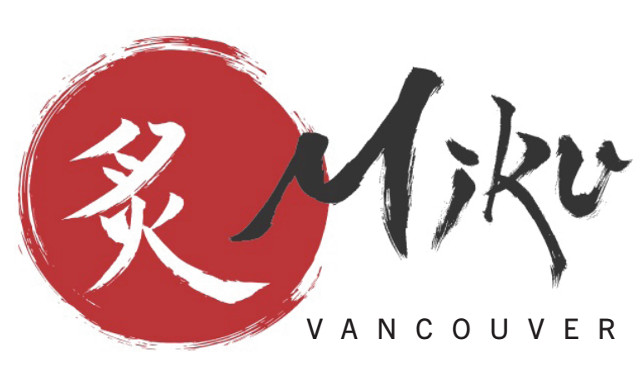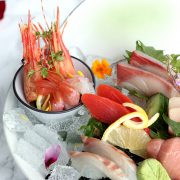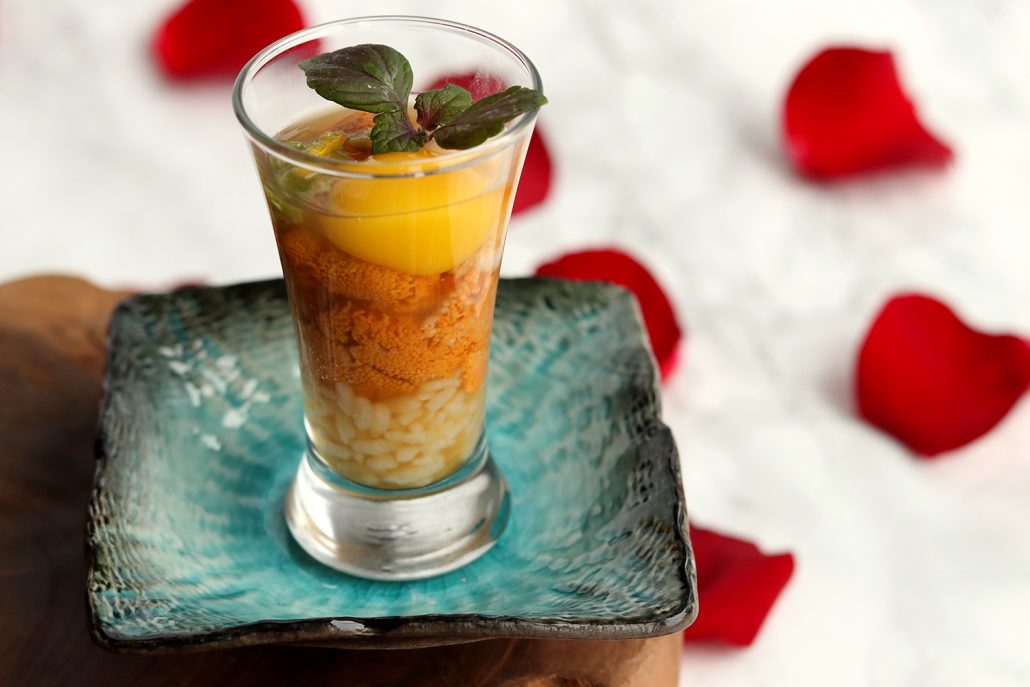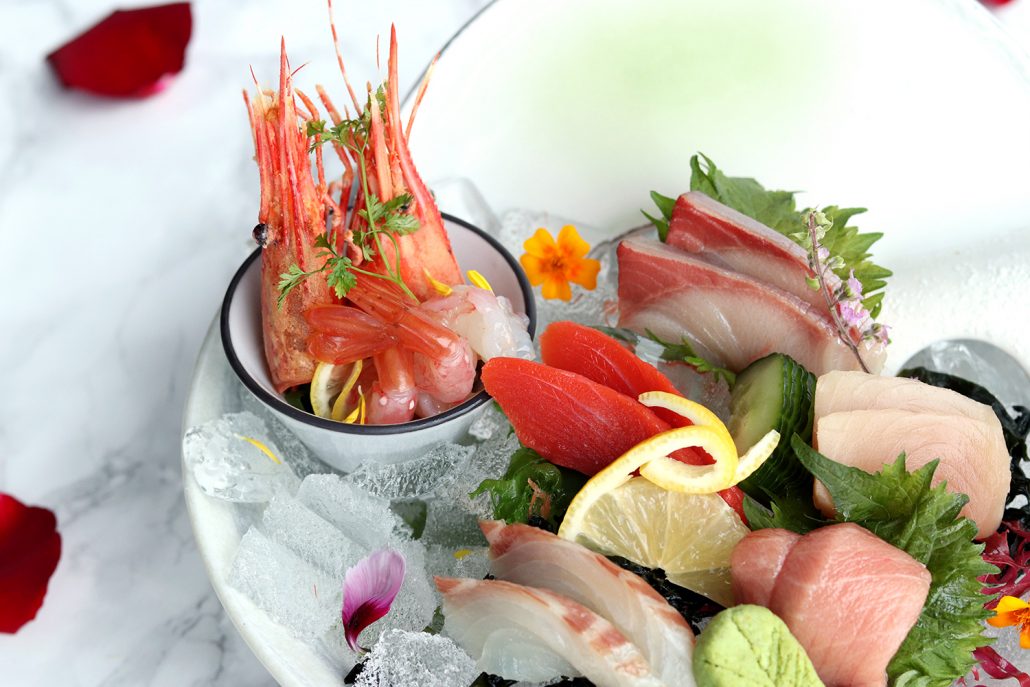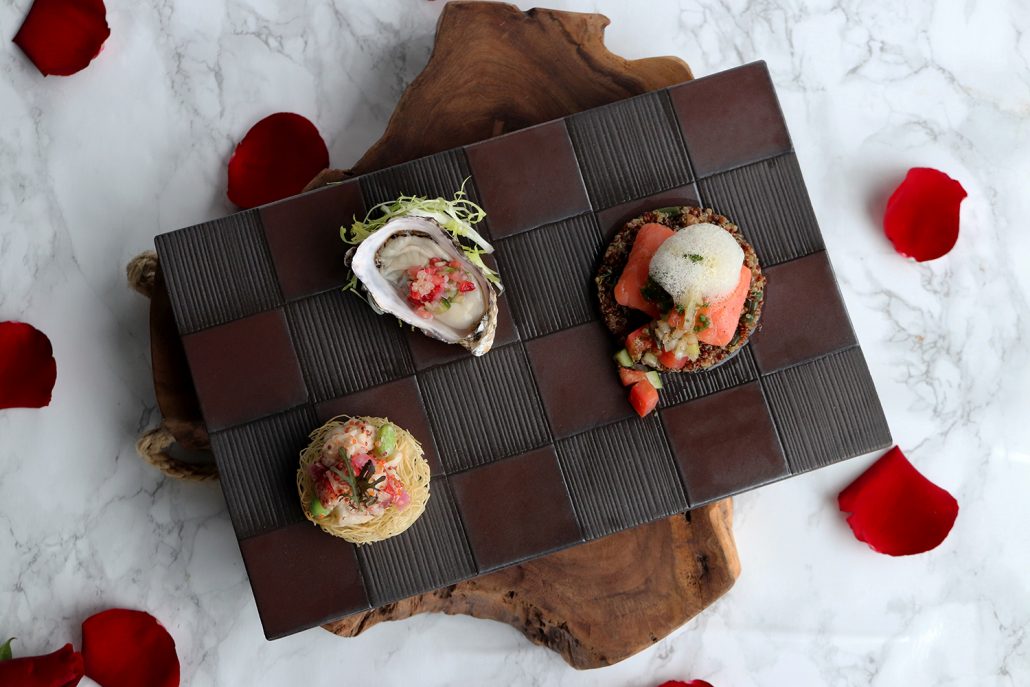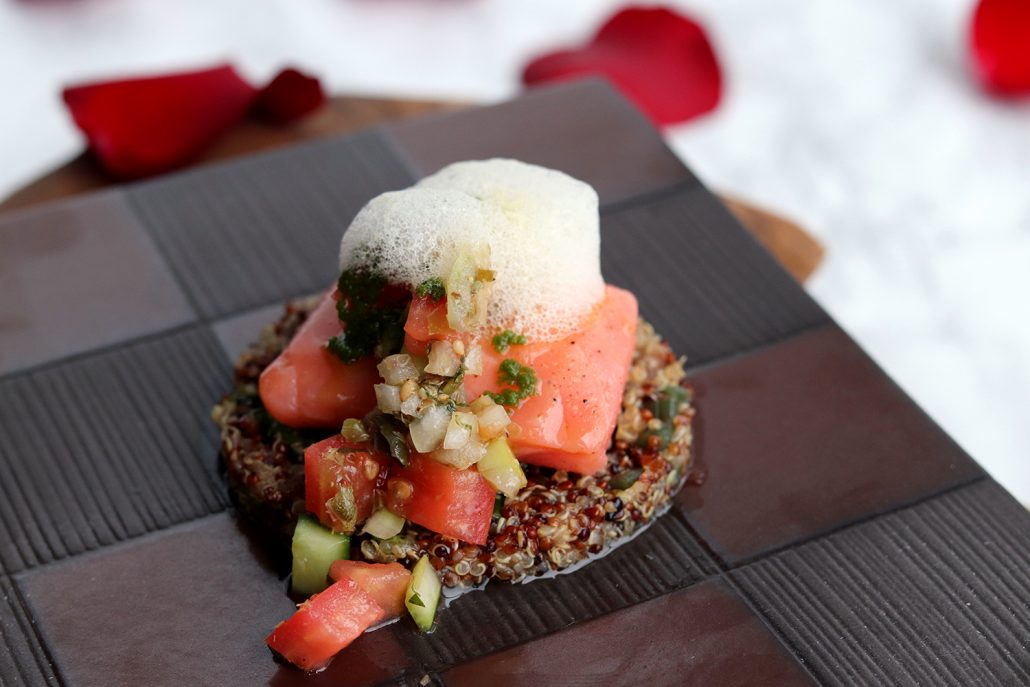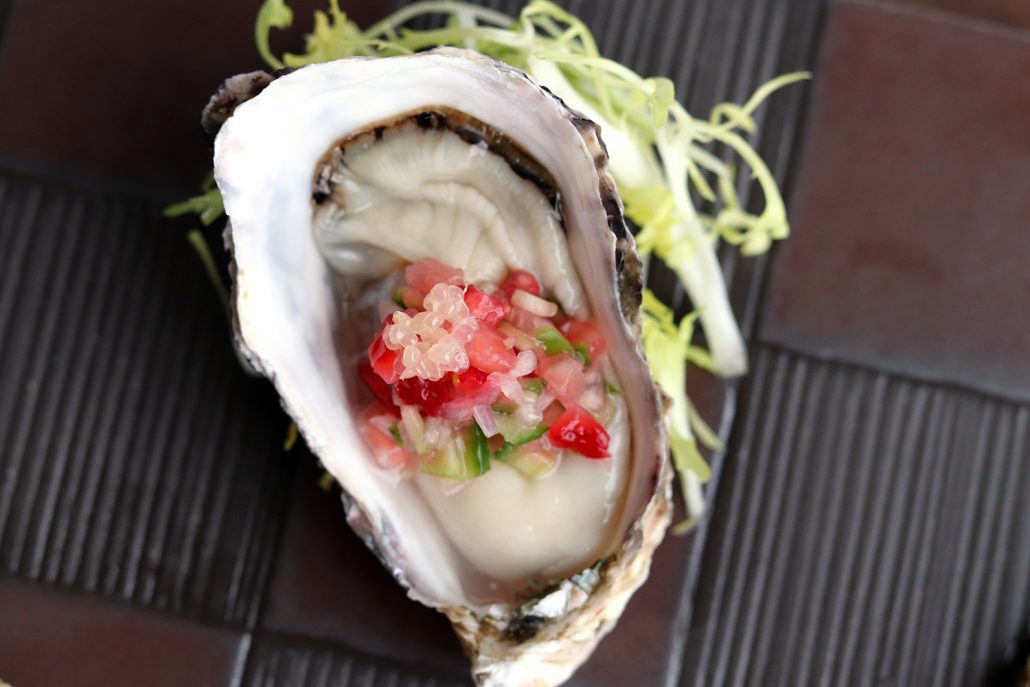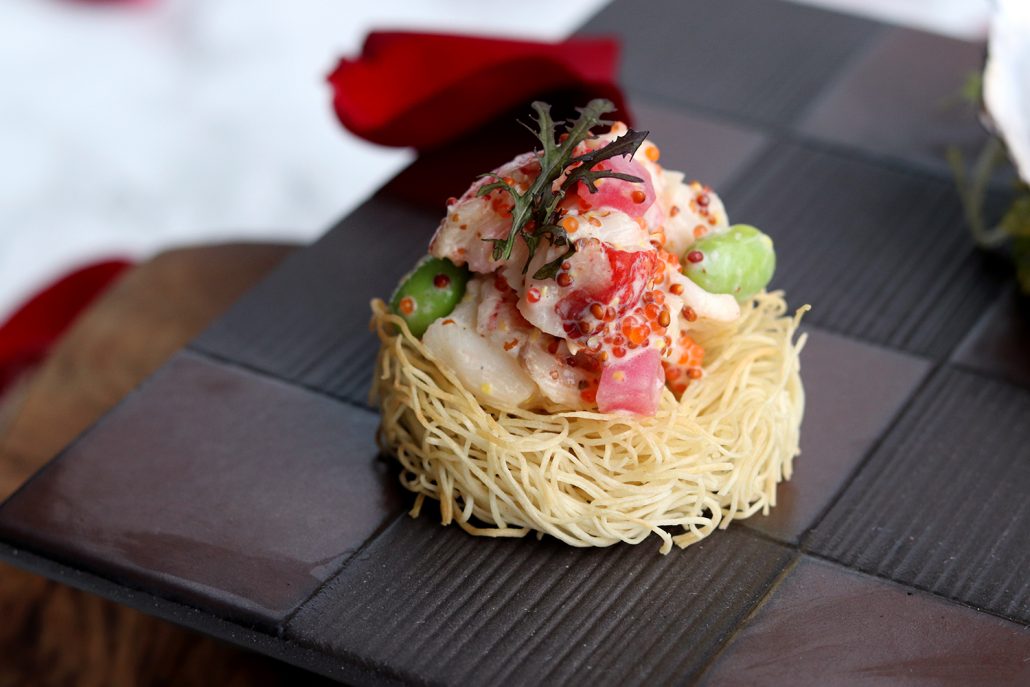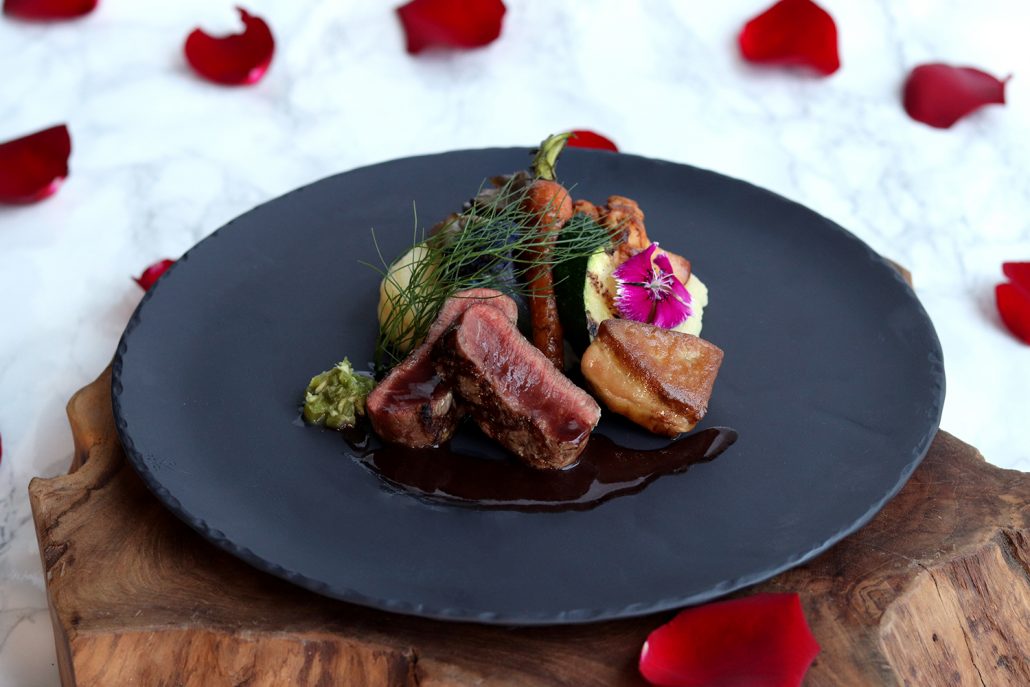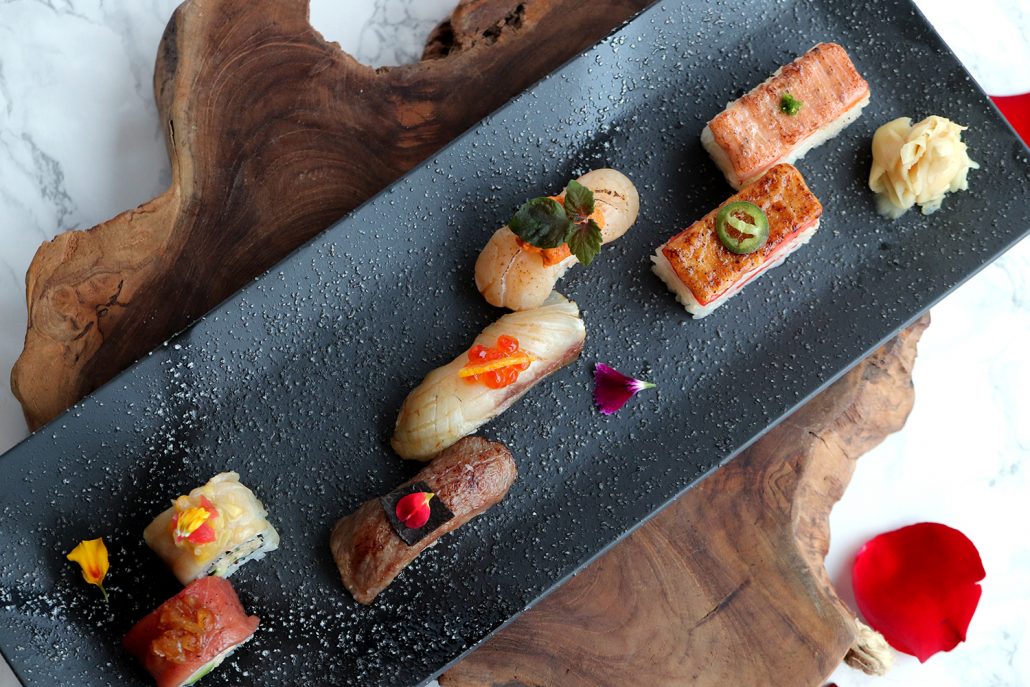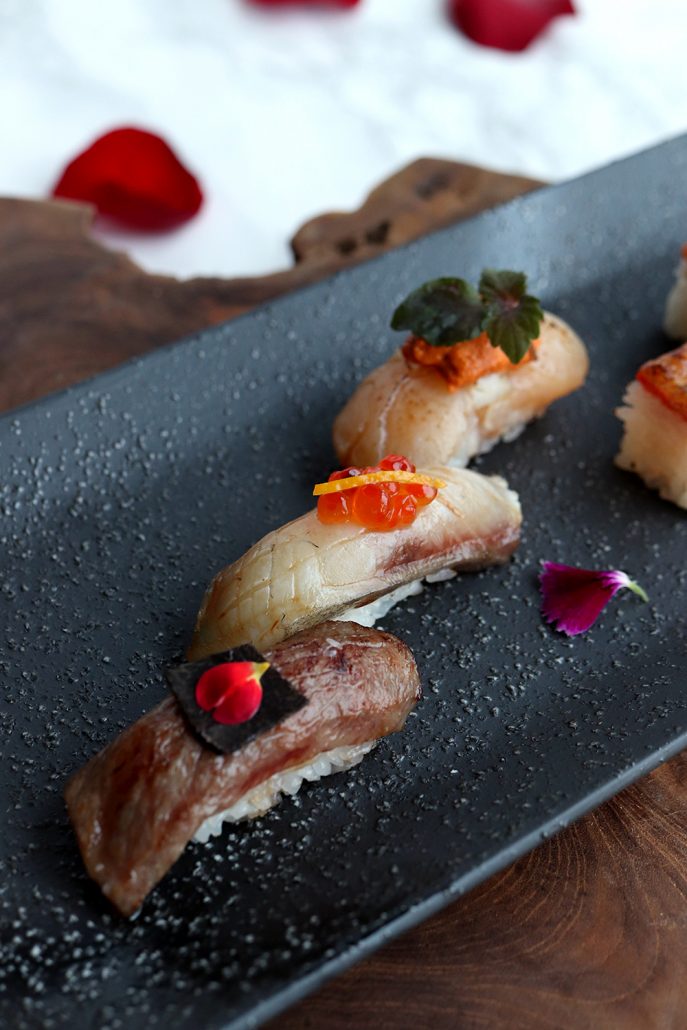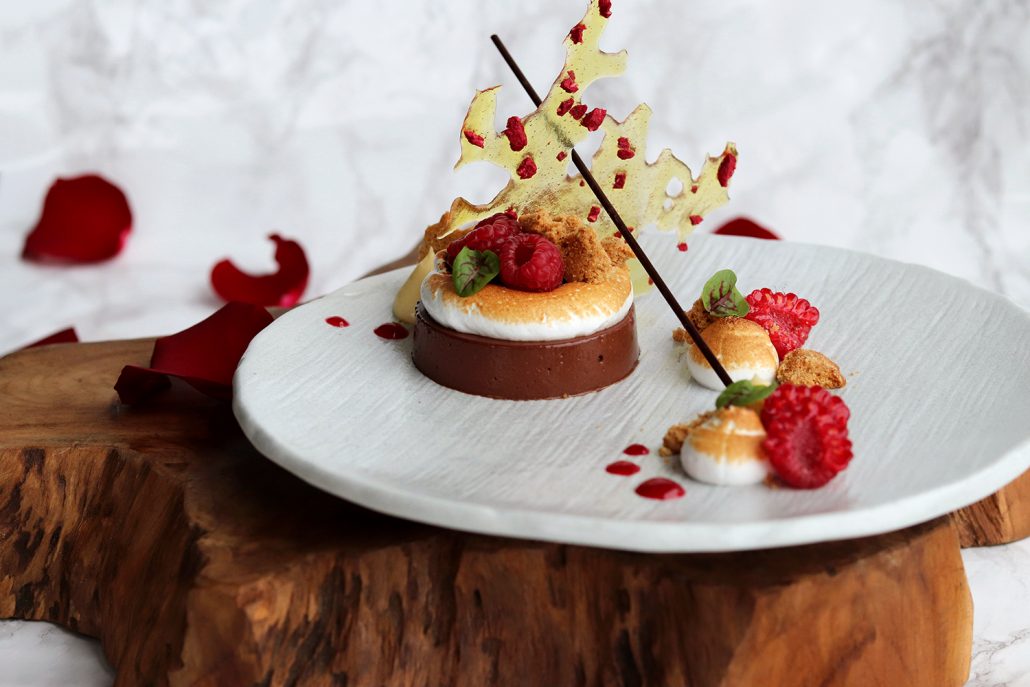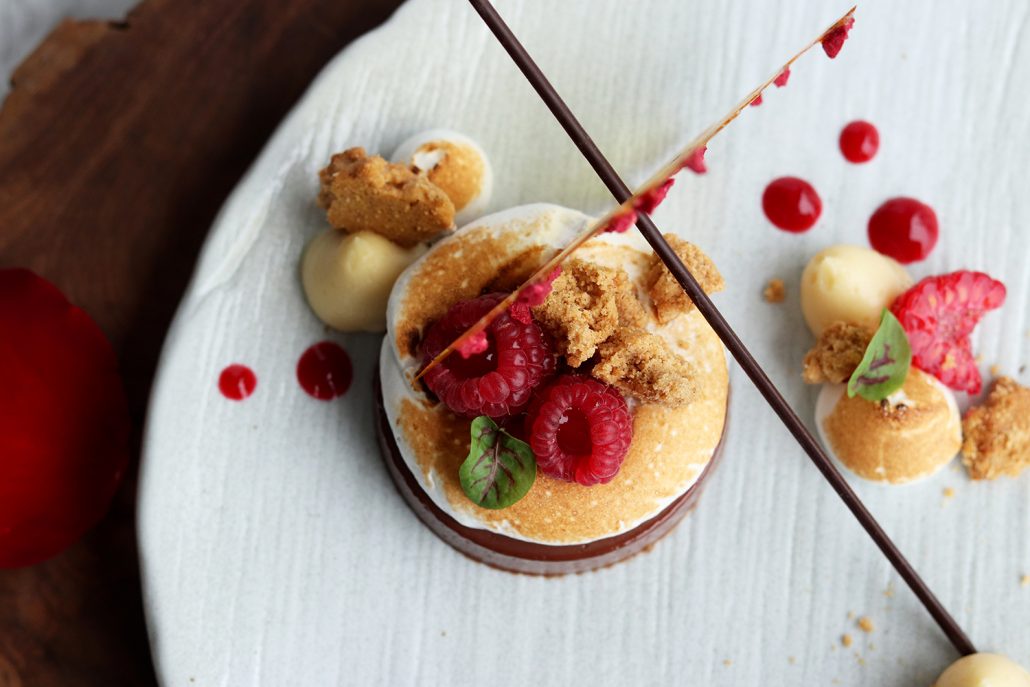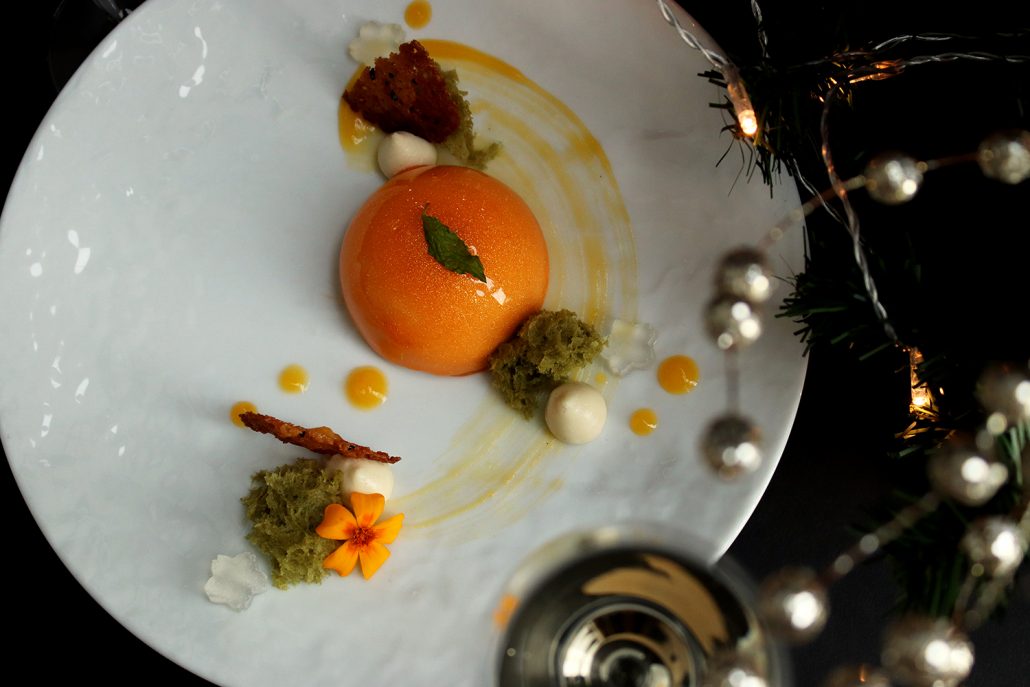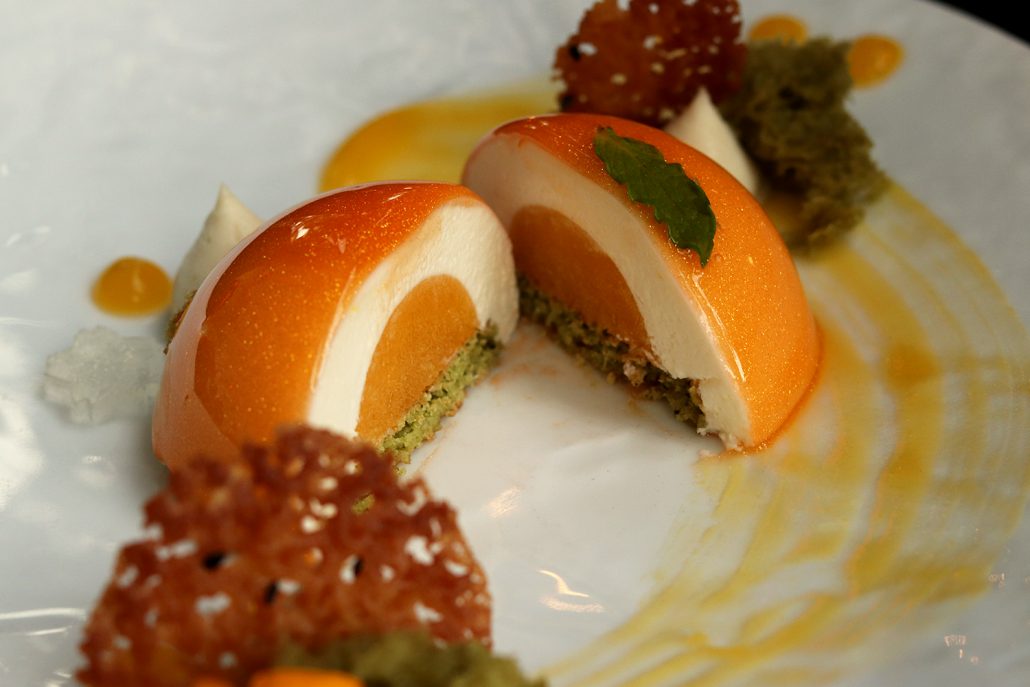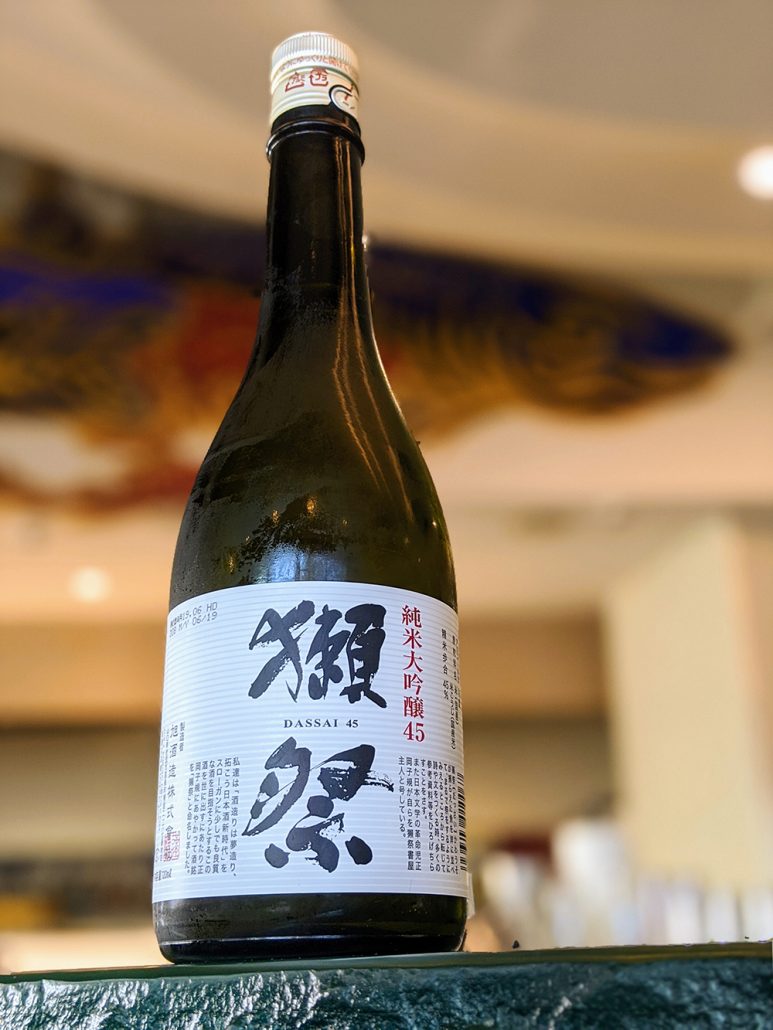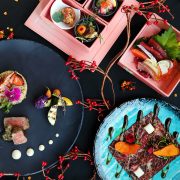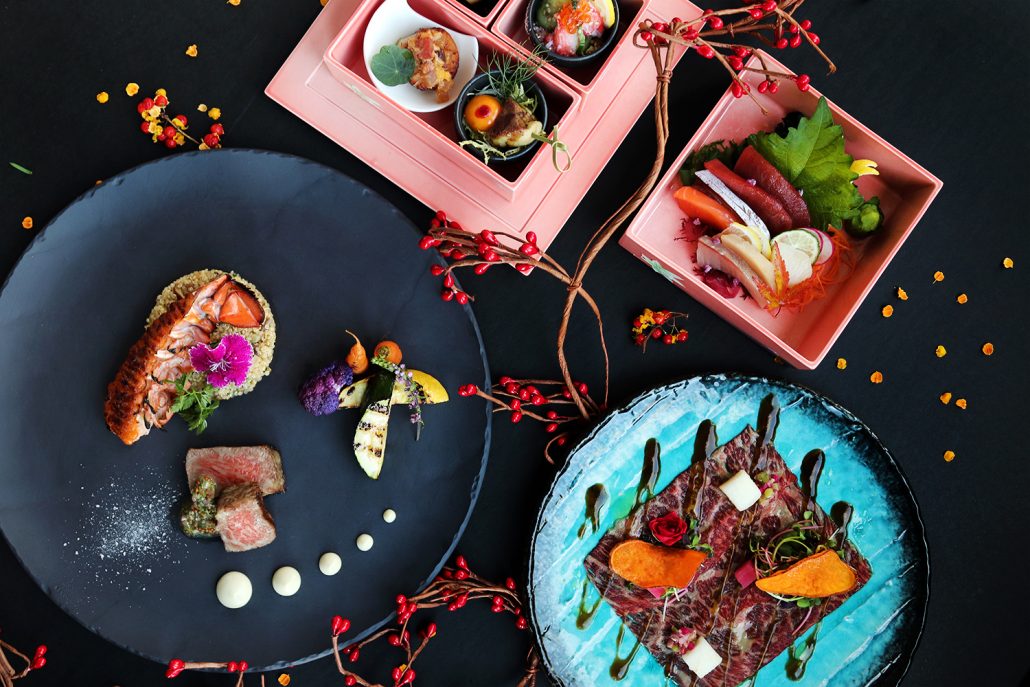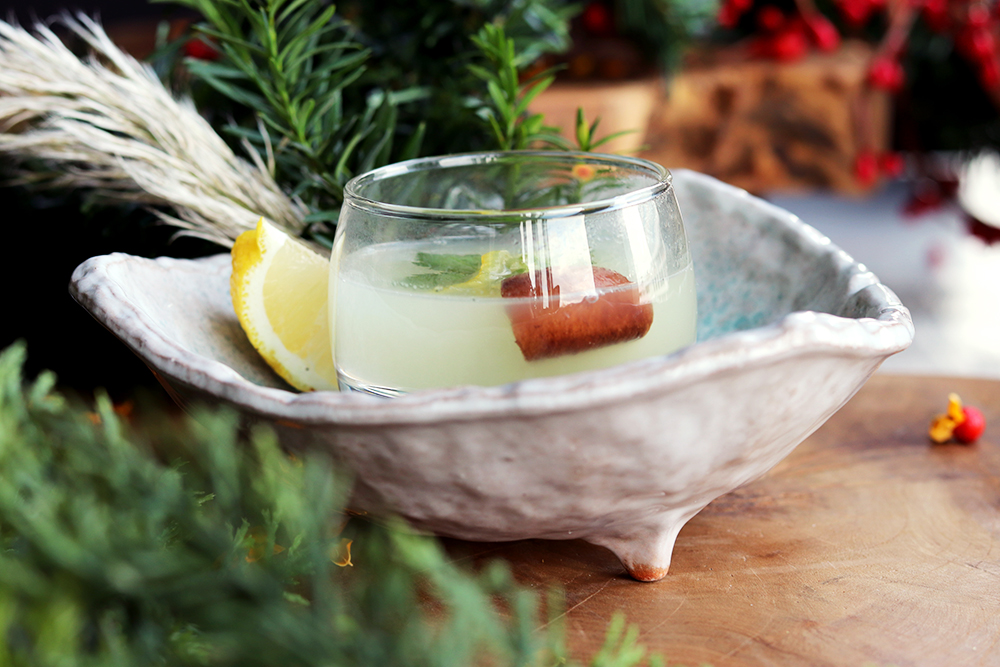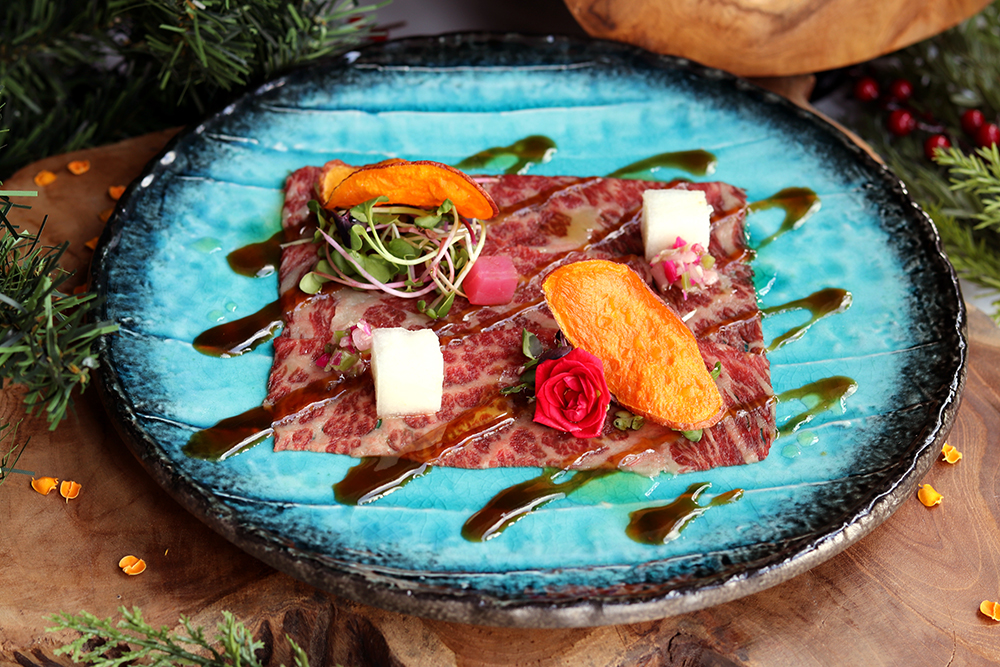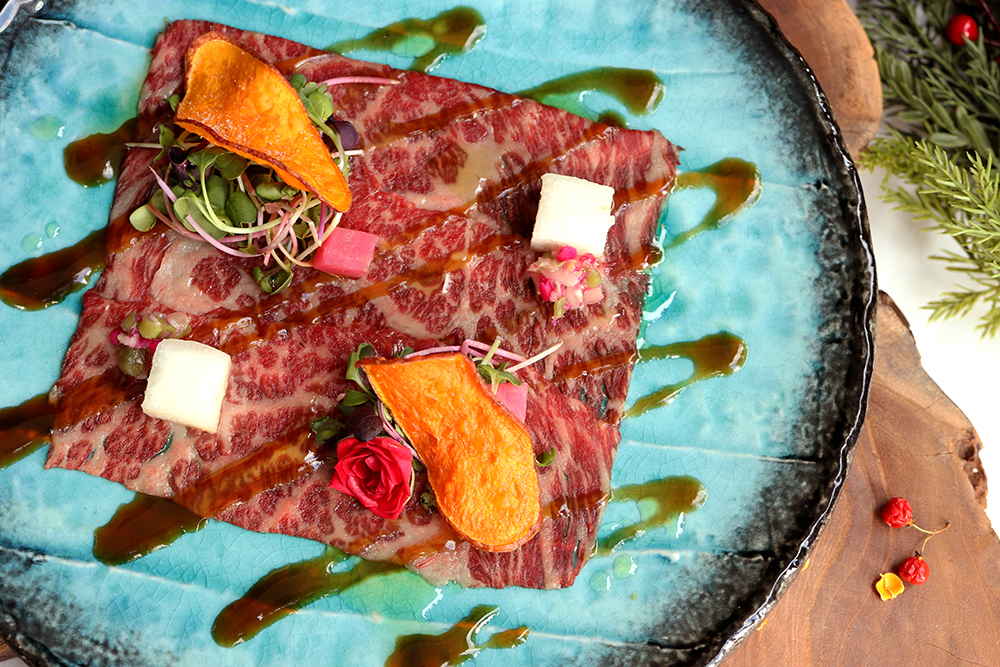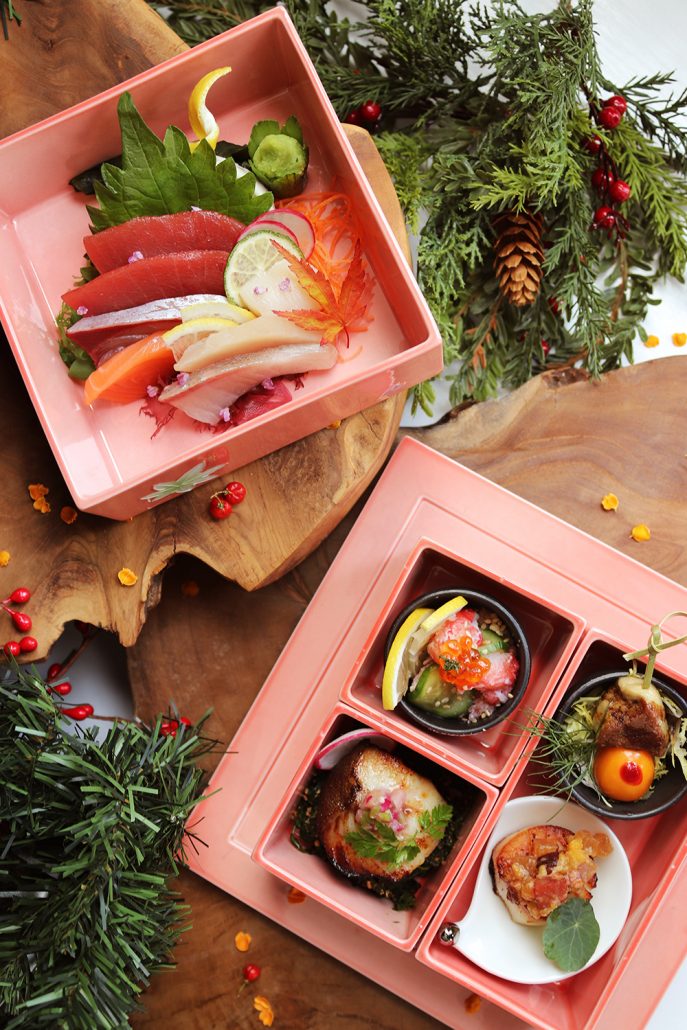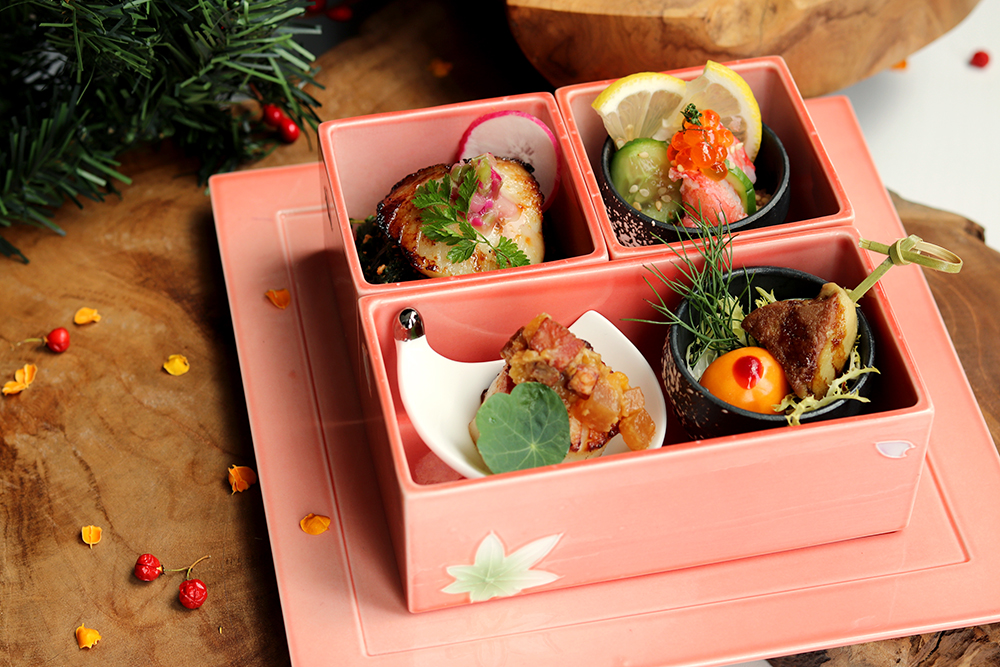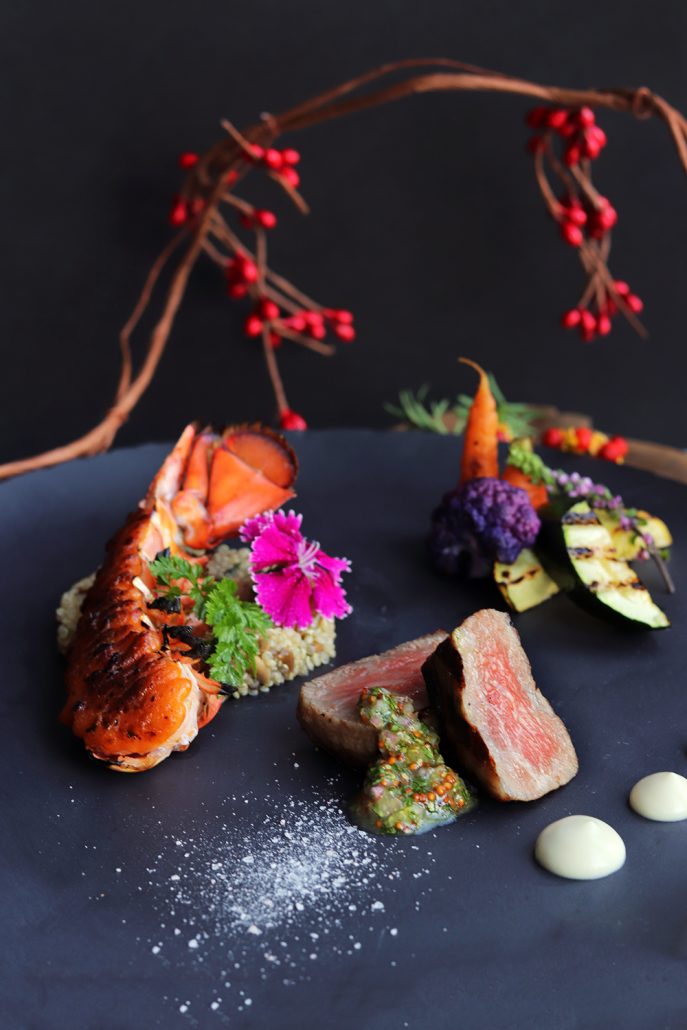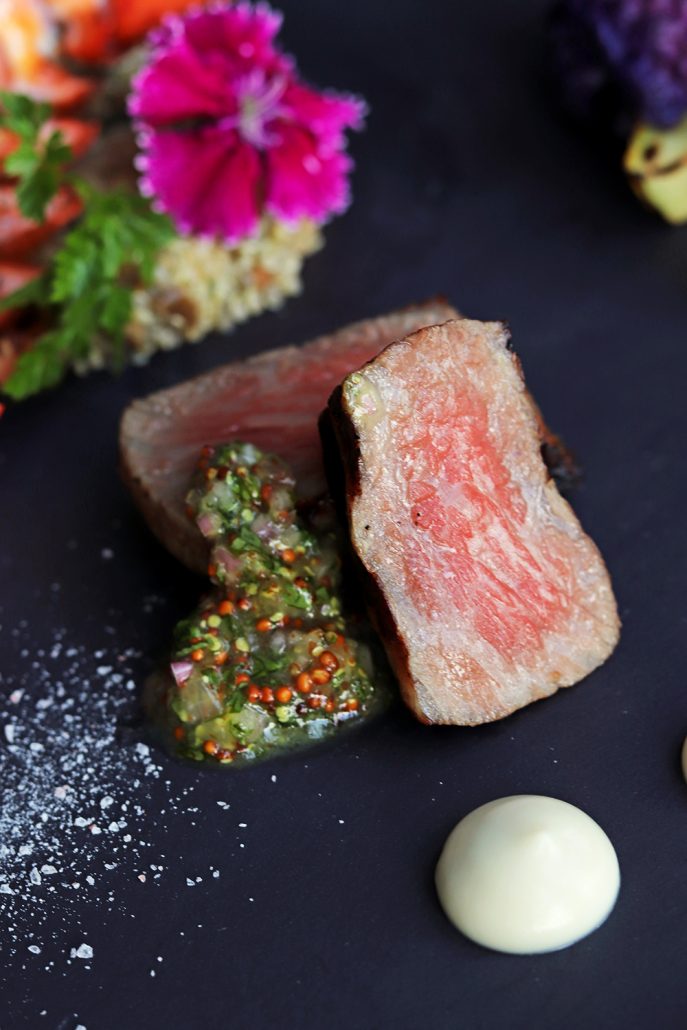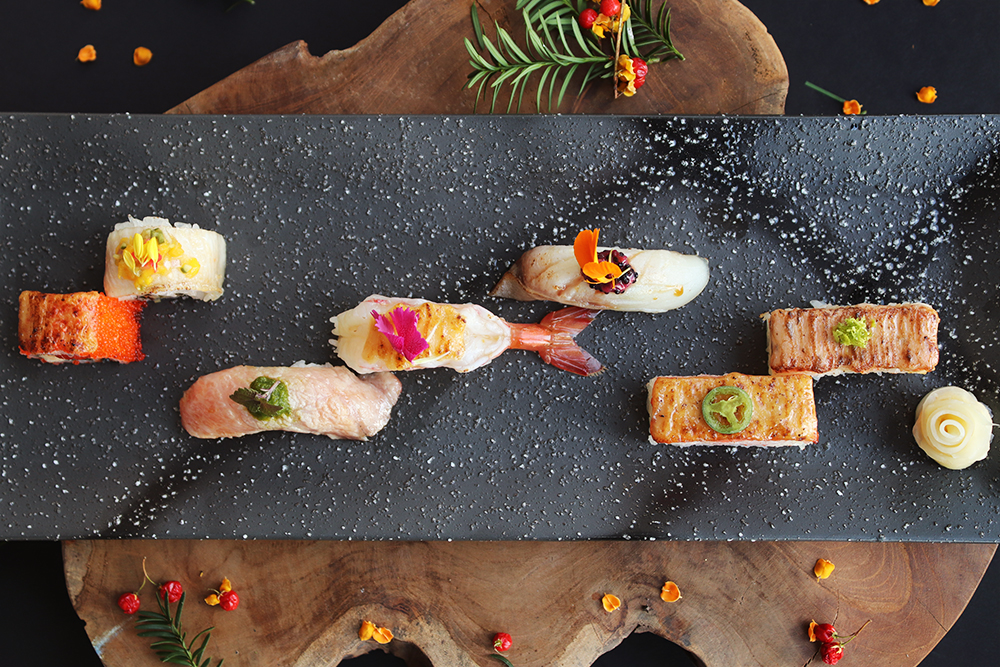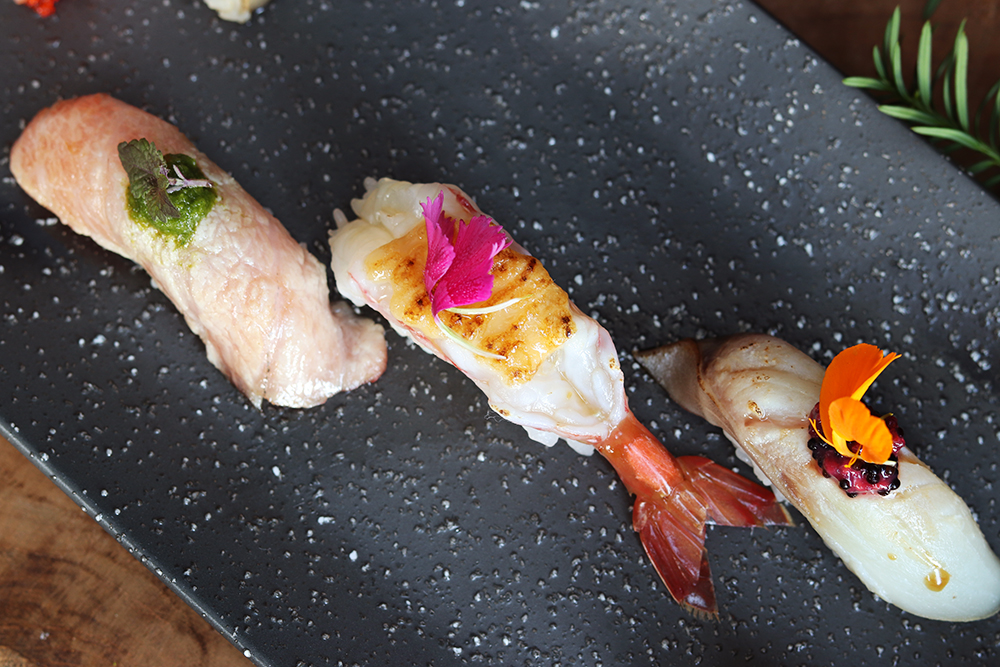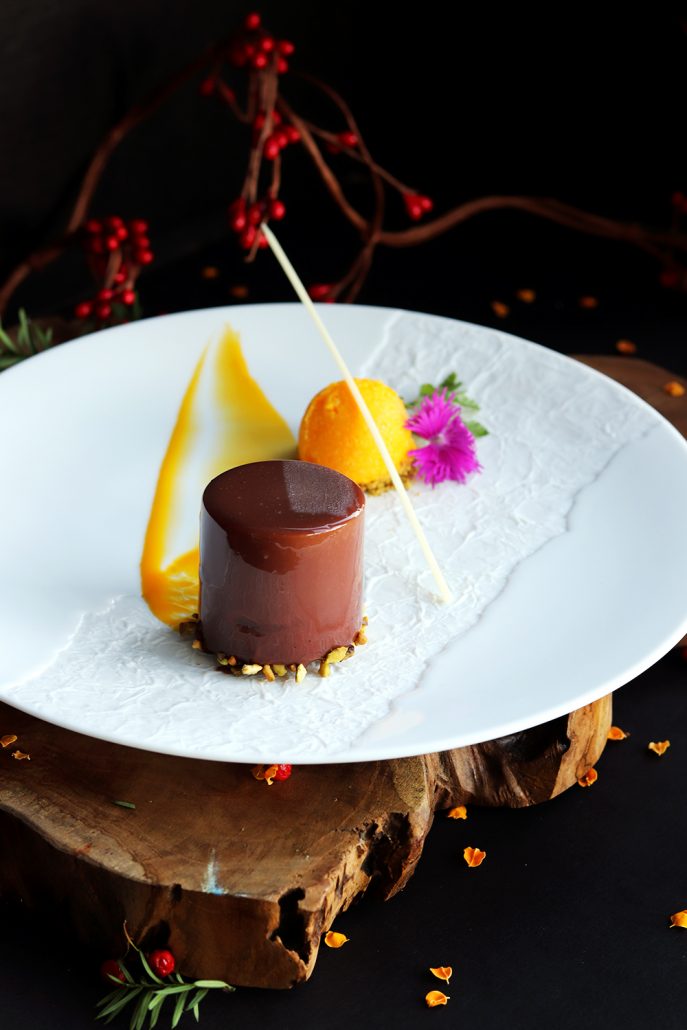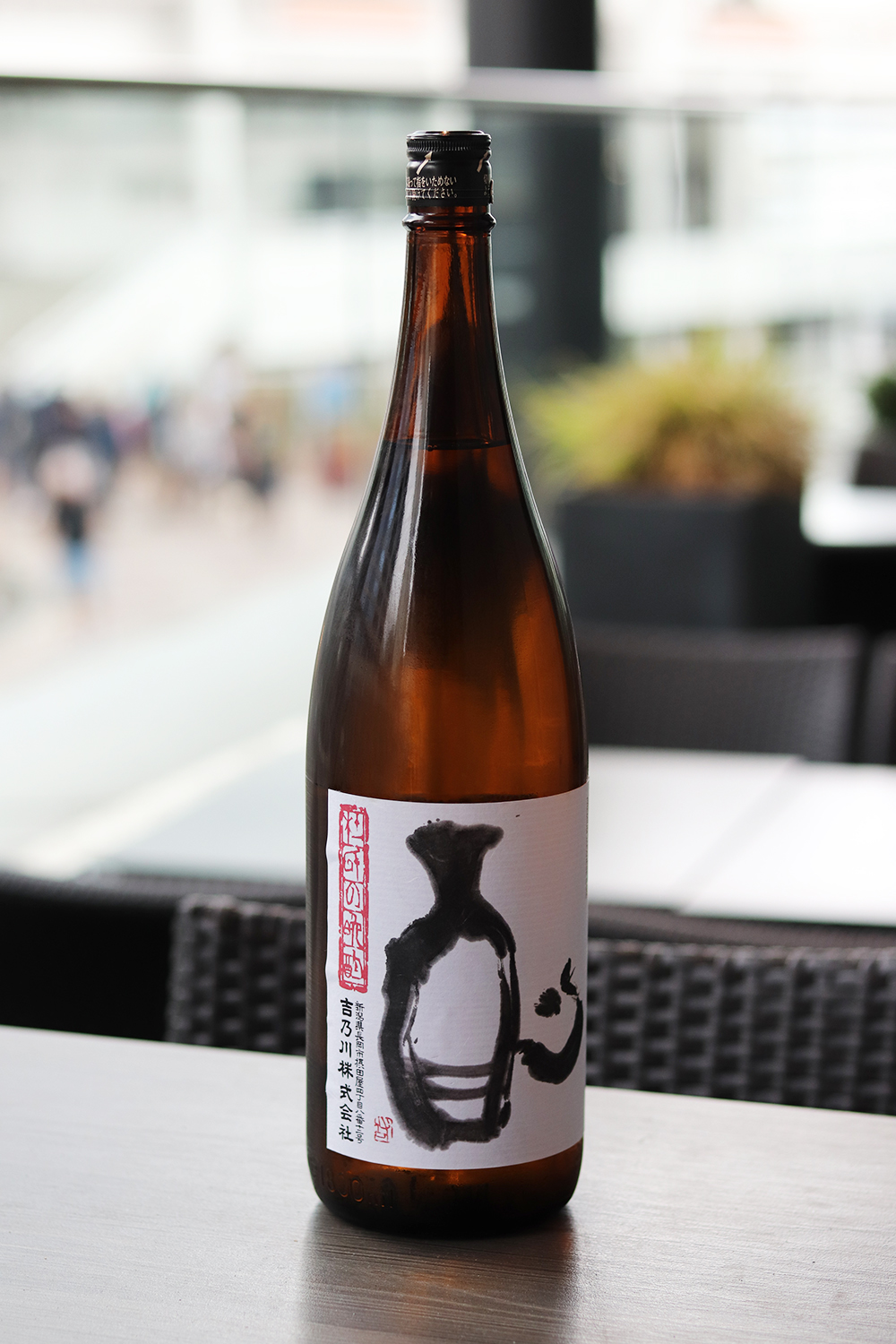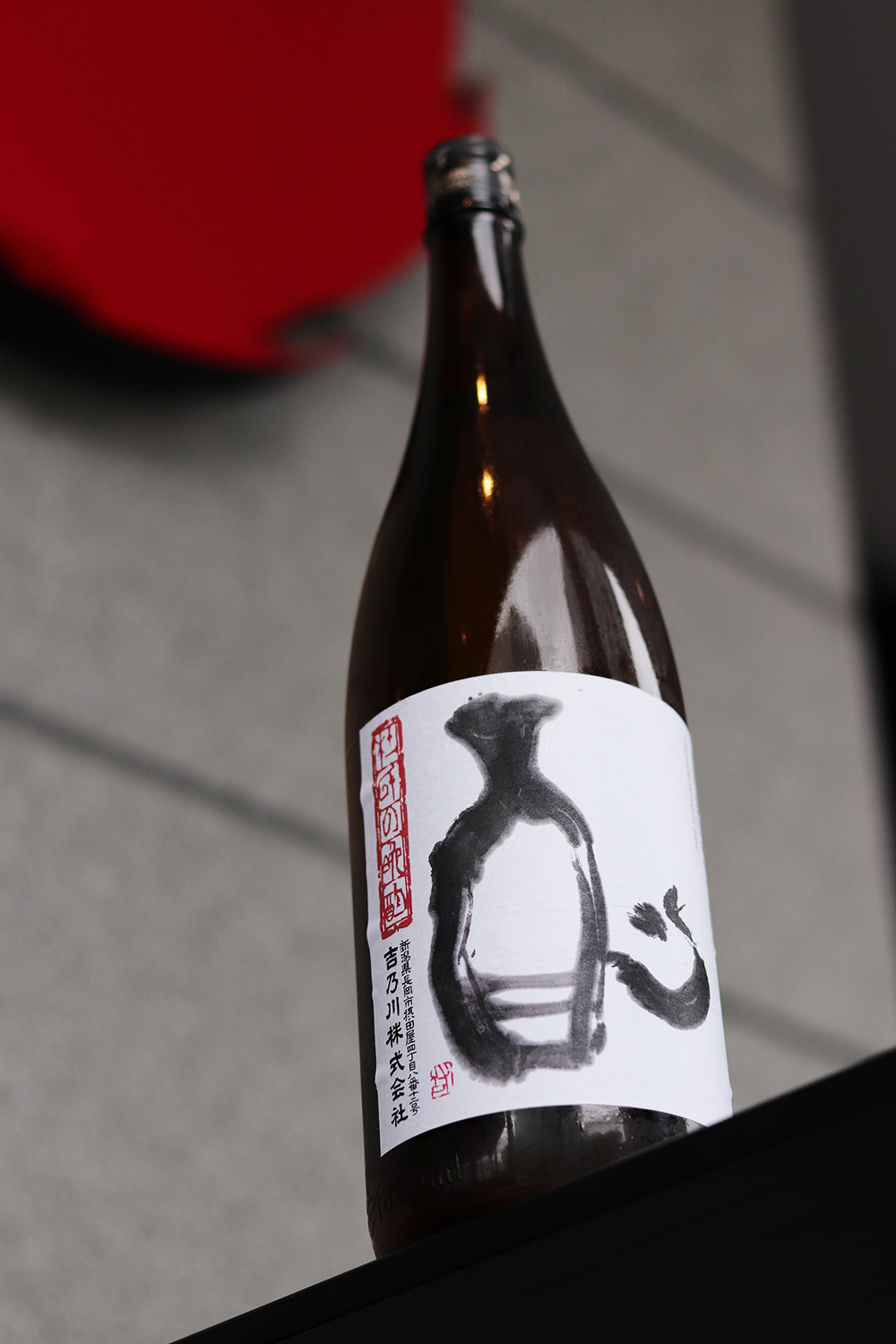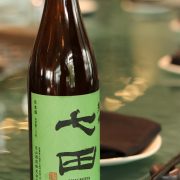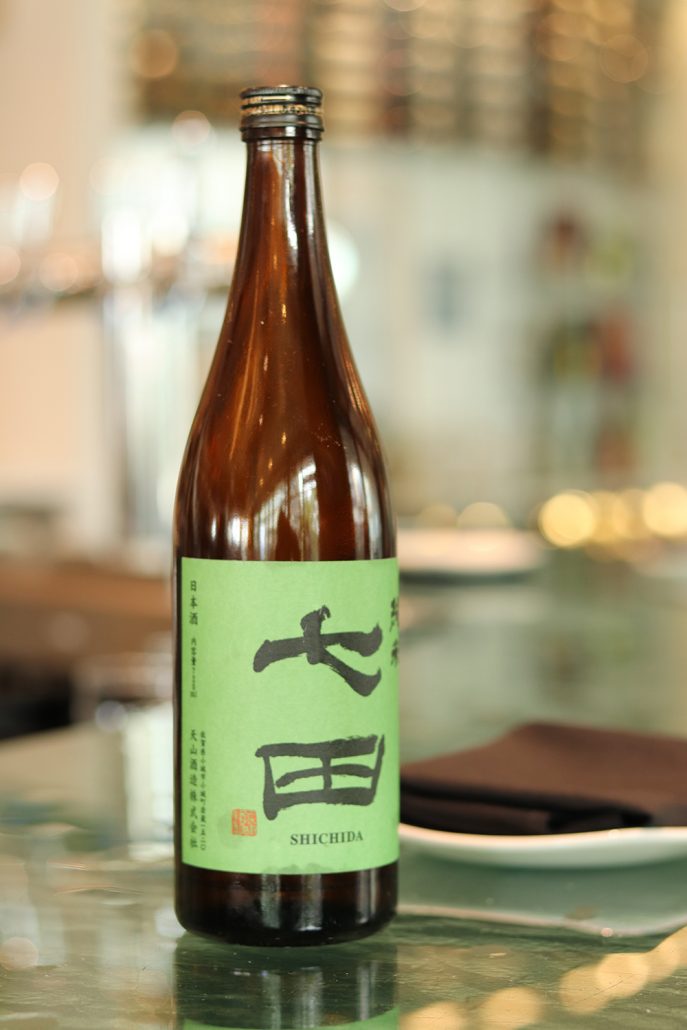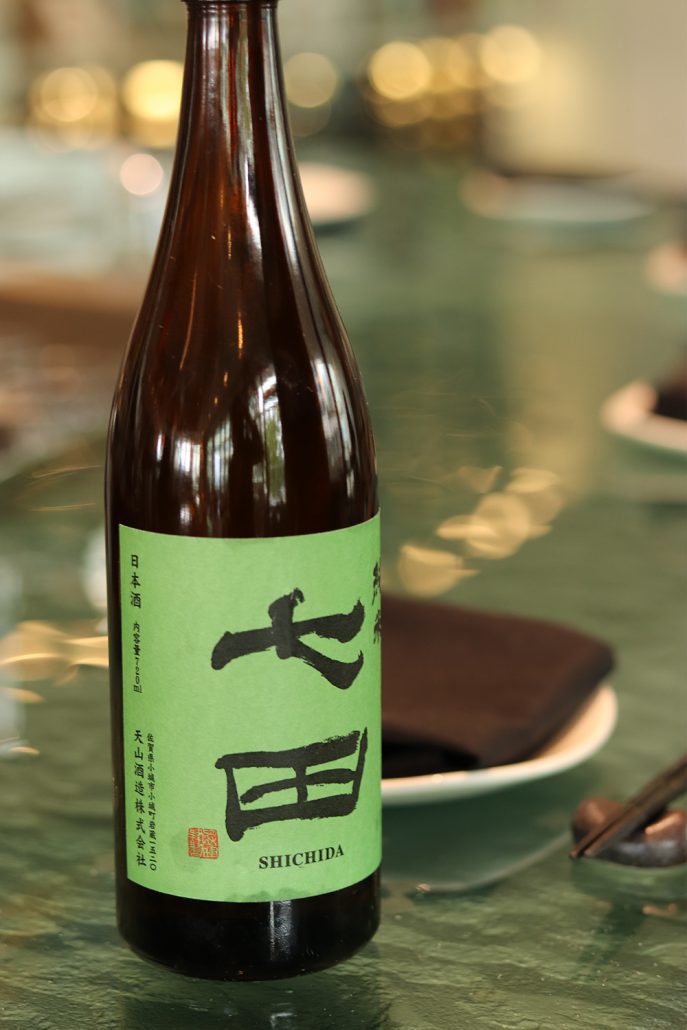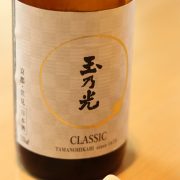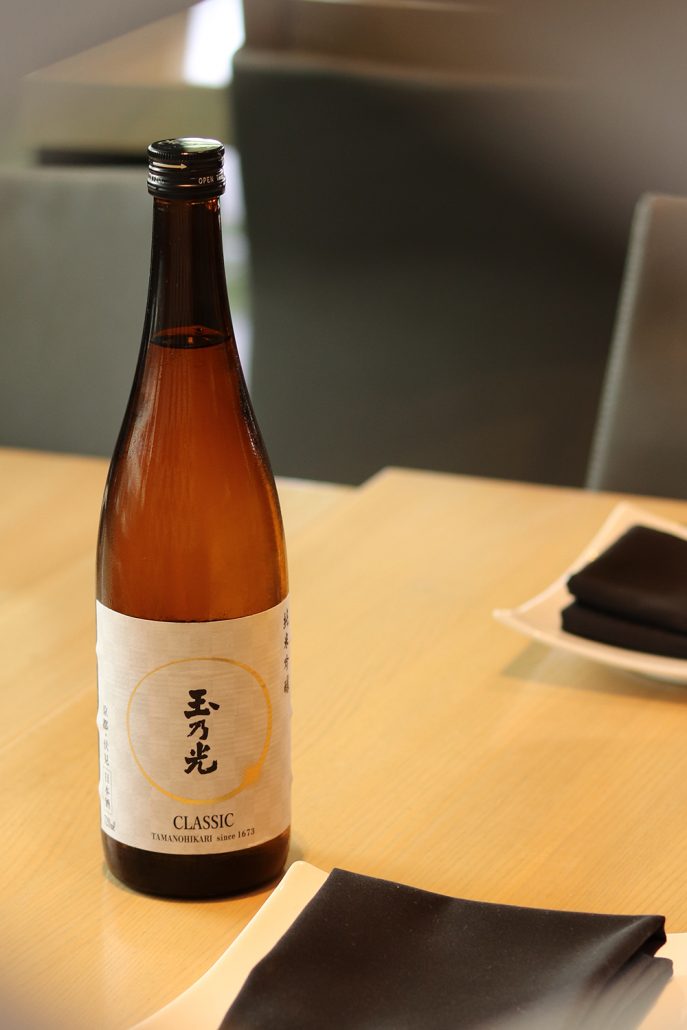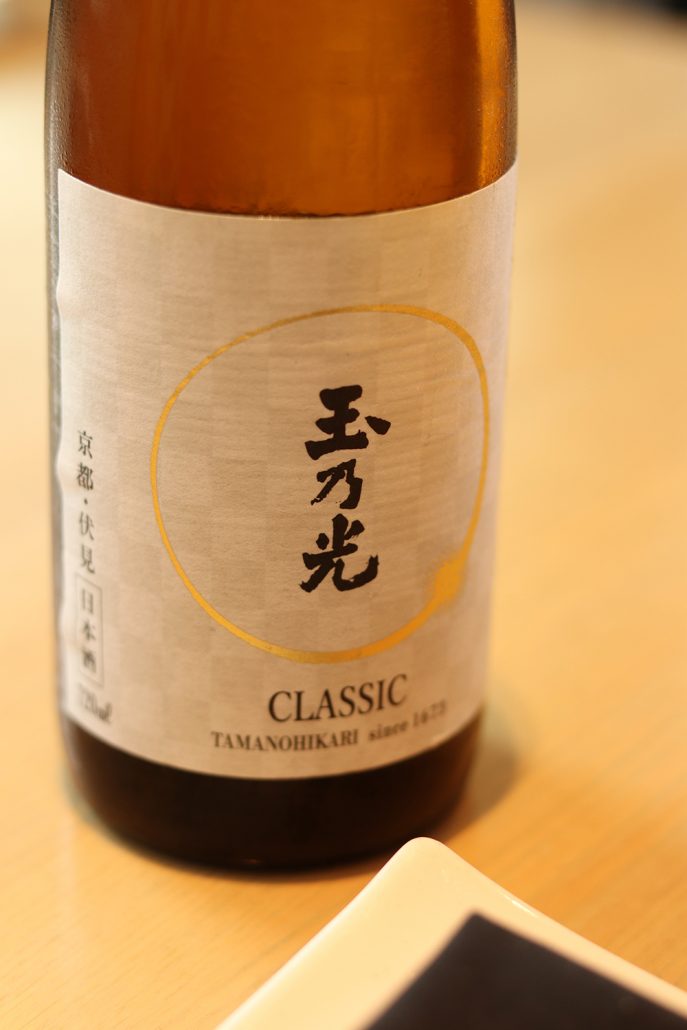Thank you, Yoshi no Gawa! Sake Seminar at Miku
On Wednesday, we had the privilege of welcoming Yoshi no Gawa President Minemasa Yuki for an afternoon Sake Seminar about Yoshi no Gawa brewery. Minemasa was joined by Patrick Ellis and Sam Kayo of Blue Note, and Sake Specialist and Consultant Miki Ellis led the introductions.
The Miku team was treated to a two-hour session of presentation and tasting, as these esteemed guests delved deep into the rich, culturally significant history of the Niigata-based Yoshi no Gawa, explored the brewery’s current and innovative projects that are shaking up the modern-day sake industry, and even shared hidden gems about each of the Yoshi no Gawa sake available on our menu.

President Minemasa talks to the team about the rich history of Yoshi no Gawa, from its founding father, Kawakami Mondo (who held a fascinating career as former samurai to Echigo province daimyō Kenshin Uesugi), to the brewery’s official incorporation in 1548, all the way to their newly-opened Joh-Gura project in 2020.

The fantastic presentation was followed by a tasting session, where the team was able to taste the wide variety of Yoshi no Gawa sake that is served on the Miku beverage menu

The four Yoshi no Gawa sake tasted during the seminar: Toji no Banshaku, Aburi Ginjo, Gokujo Ginjo (pictured), Yoshi no Gawa Daiginjo

This was a rare opportunity for the team to ask Minemasa san directly about any burning questions they had about Yoshi no Gawa brewery and their signature Niigata-style sake

Thank you Blue Note, Jacqueline, and Minemasa-san for organizing and hosting this fantastic seminar at Miku! Sake, from left to right: Toji no Banshaku, Gokujo Ginjo, Yoshi no Gawa Daiginjo
